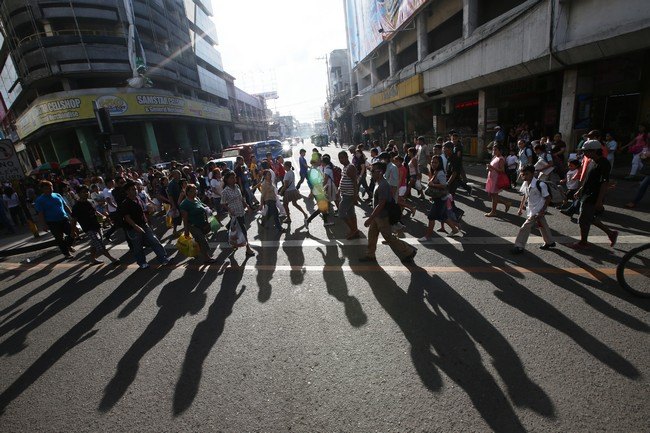
(Photo from World Bank’s official Facebook page)
MANILA – The World Bank (WB) has maintained its 6.4 percent and 6.2 percent growth forecasts for the Philippines this year and the next and eyes the 2018 output at 6.2 percent.
In its East Asia and Pacific Economic Update released Monday, the multilateral lender said the Philippines, along with Vietnam, remain to have the strongest growth prospects among ASEAN economies.
It cited the existing pipeline of public-private partnership (PPP) projects along with election-related spending as among the boost to the domestic economy.
“The country also benefits from relatively diversified exports markets and lower global commodity prices,” it said.
It also noted the contribution of private investment as a growth driver and stressed that this “will be a key determinant of the medium-term outlook.”
Ensuring the inclusiveness of labor market is a plus for the Philippines, it said, citing the positive trends in recent years.
“In the Philippines, economic opportunity and job creation would be significantly enhanced by measures to secure property rights through more systematic adjudication of land rights, to strengthen competition in sectors such as shipping and telecommunications that provide key intermediate inputs, and to simplify costly business regulations,” it said.
However, risks remain and these include the slowdown of inflows from Overseas Filipino Workers (OFWs) based in oil-exporting countries, lower net exports due to weaker global demand and possible increase in food prices due to the extended El Nino phenomenon.
There are also emerging challenges, it said, and these include the ability to sustain the country’s inclusive growth pattern.
“What is needed now is to institutionalize the reforms made and to accelerate the economic reform agenda,” it said citing as among the factors here the enhanced competition in sectors with high impact on jobs, securing property rights through systematic and administrative adjudication of land rights, and simplification of business regulations.
It also raised the need to prioritize the needs of Mindanao for the region to reach its full potential.
“To this end, the government, business, labor and civil society need to work together and agree on a package of reforms that will maximize the chances that the country will now follow a more inclusive growth path,” it added.